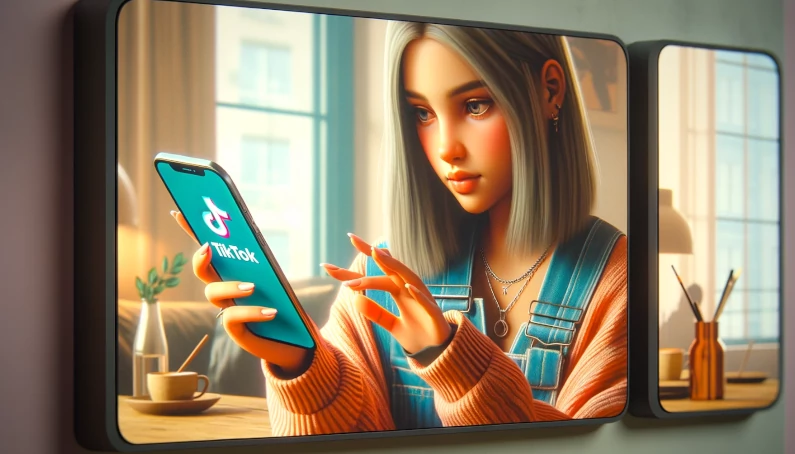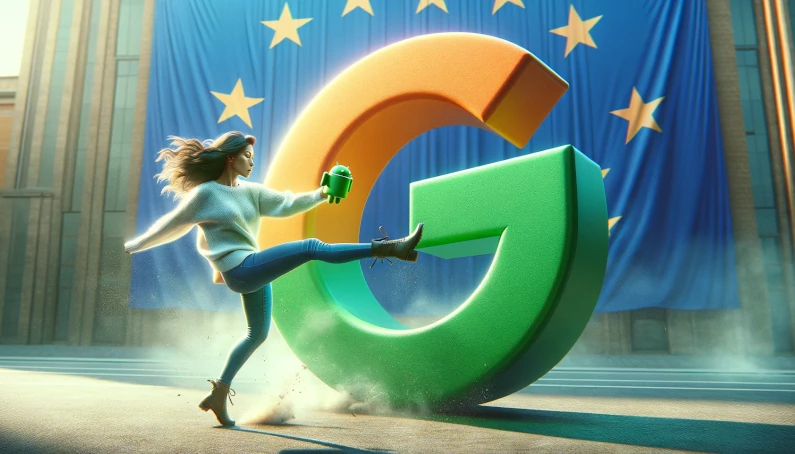Two eminent scientists from Google DeepMind, Alphabet’s artificial intelligence division, are discussing with investors the creation of an AI startup in Paris.
Laurent Sifre and Karl Tuyls, currently scientists at DeepMind, are considering a financing round that could exceed 200 million euros, a considerable sum in the vibrant AI sector.
Sifre and Tuyls, renowned for their significant contributions to AI research, did not respond to requests for comment. A representative from DeepMind refrained from commenting on the startup plans. Both scientists have given notice to leave the company, according to an internal source.
Sifre’s work includes co-authoring DeepMind’s 2016 research on the game of Go, demonstrating for the first time a computer system’s ability to beat masters of this ancient game, sparking international frenzy over AI.
Tuyls has focused on game theory and multi-agent reinforcement learning, a branch of AI exploring interactions among autonomous actors, often through video games.
The substantial financing sum being discussed underlines investor interest in the technology, especially in France, where venture capitalists and magnates have been investing in emerging startups from Parisian universities and Silicon Valley’s AI hubs.
The new French startup, currently known as Holistic, differs from Holistic AI, a London-based enterprise software company.
Sifre and Tuyls might focus on developing a new AI model.
Google DeepMind has long been at the forefront of AI innovations, gaining attention in 2016 when one of its systems defeated a world champion in the strategy game Go. Therefore, when one of DeepMind’s co-founders speaks about the future of AI, it’s important to listen, especially for startup entrepreneurs.
Mustafa Suleyman, co-founder of DeepMind and now CEO of Inflection AI, a small California-based machine intelligence company, suggested that AI might soon be able to devise a company, manage it, and successfully sell products, potentially even as open-source systems.
However, these considerations remain purely theoretical. Suleyman also pointed out that an AI’s ability to act as an entrepreneur might raise complex legal issues, such as whether an AI can own or patent intellectual property. Indeed, a recent UK ruling determined that an AI cannot hold a patent.
This development marks a significant step in the AI world and raises new questions about the impact of technological innovation in the entrepreneurial sector and beyond.









